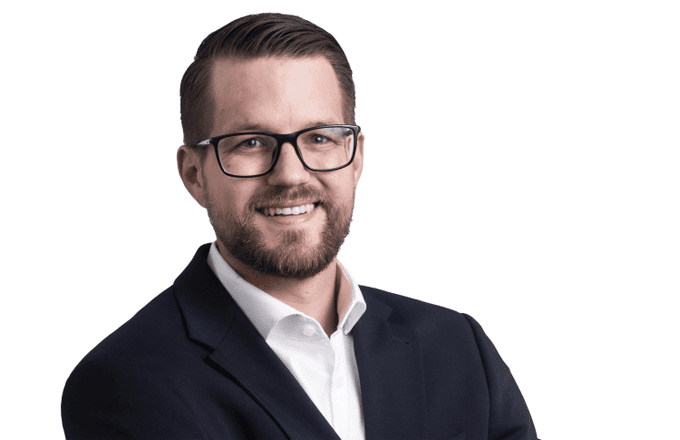Beyond tomorrow: ISO 9001:2015 and what else is in store for us...
On 24 June, the SAQ and the SQS invited participants to this year's Swiss Quality Day in the Kursaal Bern. The motto of the conference was "Beyond tomorrow". Not only were the presentations on the concept of "sustainability" of interest, but also the information on the renewal of the ISO 9001 and ISO 14001 standards.

Mo we have to throw our ideas of growth overboard? Or can the economy prosper not only tomorrow, but also the day after tomorrow, so that we can live in prosperity? The speakers were unable to provide definitive answers. Nevertheless, they provided food for thought and concrete ideas on what sustainability could look like in practice. Robin Cornelius, for example, founder and CEO of the clothing manufacturer Switcher SA. He successfully pursues the concept of transparency along the entire value chain in order to be able to prove to end customers that ethically, socially and ecologically compatible production is very much possible, and can even become a kind of brand. "We want to raise awareness among the younger generation that sustainability can be 'cool'," says Cornelius.
Growth, yes, but...
Different positions were then represented by Hans-Ulrich Bigler (Swiss Trade Association), Gabi Hildesheimer (Öbu - Network for Sustainable Business) and Niko Paech (University of Oldenburg) in an impulse discussion on the search for "green" growth. Most radically, Niko Paech calls for a paradigm shift towards an economy of non-production. Newly, longevity and reparability must be decisive quality characteristics. In this context, he calls for an "economy of repair". This could well lead to further growth, for example through service providers who show users how to get even more out of products. Hans-Ulrich Bigler, on the other hand, fears a regulatory frenzy against the backdrop of ecological problems that restricts entrepreneurial freedom. "As long as entrepreneurs have this freedom, there will continue to be growth," says Bigler. Gabi Hildesheimer is also convinced that growth is possible in the future. "What can no longer grow will die off," says the biology graduate. And this will primarily be those companies that want to persist in outdated ways of thinking.
Revision of standards: many things remain, many things change. "Sustainability is achievable if an order can be found that commits to this sustainability," said SAQ President Ruedi Lustenberger in his opening speech to the conference. "Order" can then also be understood as the keyword for the second supporting theme of the Swiss Quality Day: The renewal of the ISO 9001 and ISO 14001 standards. René Wasmer, deputy CEO of the Swiss Association for Quality and Management Systems SQS, pointed out a few crucial innovations in his presentation. Overall, the two standards will have more binding formulations in the future. The main changes in ISO 9001:2015 are the strengthening of risk-based thinking, more precise requirements with regard to the definition of the QMS scope, greater involvement of stakeholders and a stronger focus on leadership and the results of a QMS. However, the customer focus and the process approach remain. The innovations in the ISO 14001 environmental management system are similar, with a stronger focus on risk-based thinking, but without emphasizing that risks should also be used as opportunities. Equally stronger emphasis is also placed on the inclusion of product use and end-of-life treatment, i.e. taking a life cycle perspective. External communication also plays a more important role. The two standards will be published next year, and certification according to the old standard will no longer be possible from 2016.
Off into space
The conference, moderated by TV journalist Daniela Lager, concluded with a presentation by Pascal Jaussi, founder and CEO of Swiss Space Systems (S3). He has managed to bring together international partners from the space technology sector to realise a vision: the first flight of the further developed ESA space shuttle "Hermes" is to be launched as early as 2018 - from the back of an Airbus carrier aircraft at an altitude of 10 km and entirely without a costly, energy-intensive three-stage rocket. Beyond tomorrow? That will be seen when manned space flights are possible in the same way, perhaps in 2020.









